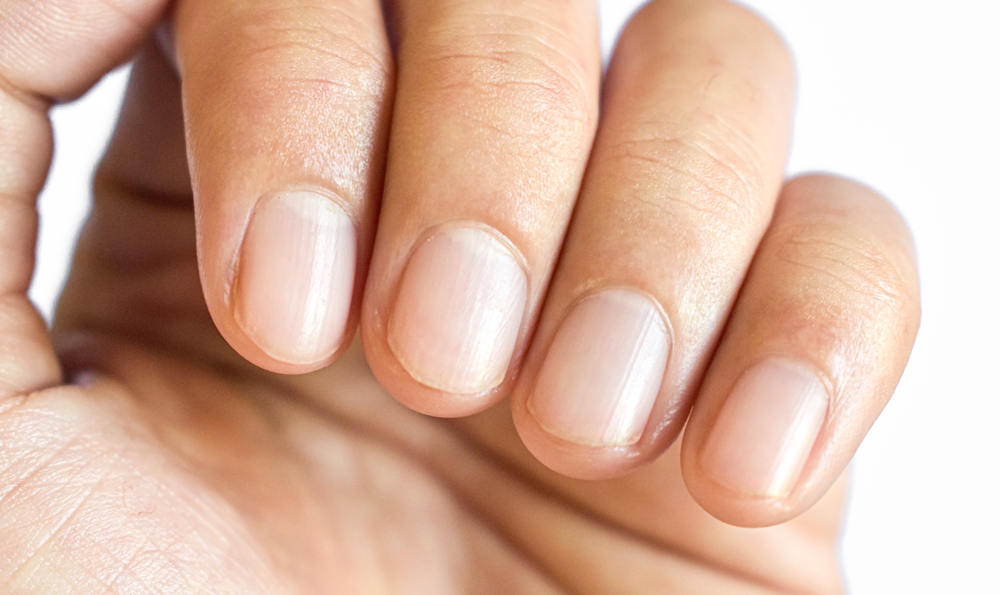Fingernails display everything from glamorous manicures to dirt stains from gardening. They reveal signs of aging or a nervous nail-biting habit. But fingernails do even more than that. They can also tell you something about your overall health.
Look at your fingernails closely. Are they a light, or slightly dark, pink to whitish color? Are they thin — no thickness, flakiness or brittleness in sight? When you press on the nail, does it blanch as the blood gets pushed out, turn white for a second and then allow the blood to return? Are your nails smooth, without pits, grooves or spots? Those are all signs of healthy nails.
Sometimes, though, your nails may tell a different story just by looking at them.
Common fingernail health conditions and their symptoms
Because your nails link closely to your overall health, even small changes can mean something. Tyler C. Holsapple, MD, a family medicine physician with Atlantic Health, explains how fingernails' shape, color, strength and general appearance might play a role in your health.
Here are four fingernail conditions you may want to talk about with your doctor.
1. Fungal infections
“We see just about everything,” says Dr. Holsapple. “I think the most common thing we see is onychomycosis [pronounced “AH-nih-koh-my-KOH-sis”], which is a fungal infection of the nails.”
- Signs of fungal infection: Yellow-brown coloring, thickness, brittleness, crumbling, separation from the nail bed
- Treatment: Oral or topical antifungals (oral acts faster)
2. Fingernail trauma
Notes Dr. Holsapple, “We also see a good amount of trauma caused by something like a crushed finger. It usually appears in the form of blood underneath the nail.”
- Signs: A reddish to dark black spot under the nail
- Treatment: Typically heals on its own, but watch it closely for infection
3. Clubbing
The shape of the nail can also be a sign to meet with your doctor. “If there is a rounding of the nails and what we call clubbing of a fingernail, that can be a sign of diseases such as lung cancer, cirrhosis of the liver or COPD,” states Dr. Holsapple.
- Signs: The nail curves over the fingertip, which presents a bulging appearance
- Treatment: More testing is needed, and the results determine the treatment
4. Dark lines in nails that have recently appeared
“People with darker skin may have dark lines that run the length of their nails, which can be genetic,” says Dr. Holsapple. “We’ll look at the family history and see if the patient had those lines their entire lives. If so, that’s not a concern. But if they have dark lines that run the length of their nail, and that's new for them, that can be a sign of a melanoma. A primary care doctor or a dermatologist should check it out. And most likely they'll do a punch biopsy on the fingernail to see what's going on.”
- Signs: A new, dark line running the length of the nail
- Treatment: A punch biopsy cuts into a nail in a circular motion to remove tissue; the results determine the treatment
Wondering what your fingernails are telling you?
Dr. Holsapple emphasizes, “If you have any concerns, definitely go to your primary care doctor or your dermatologist and get checked out.”












